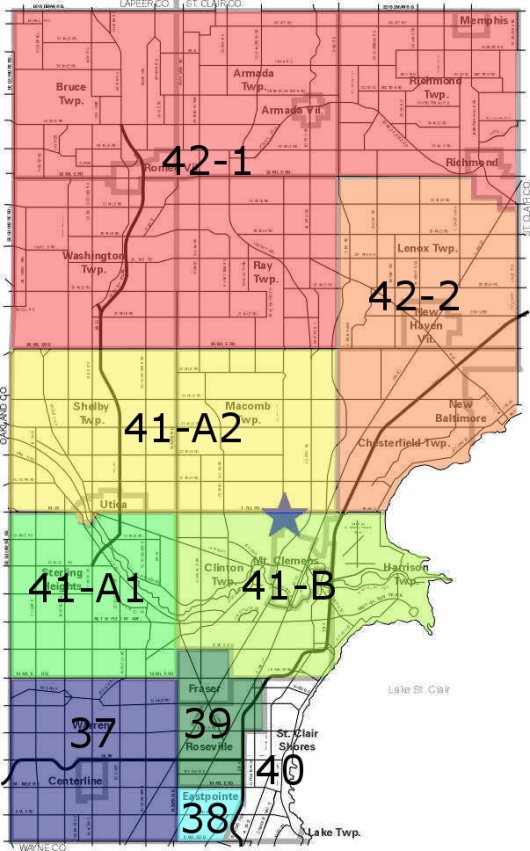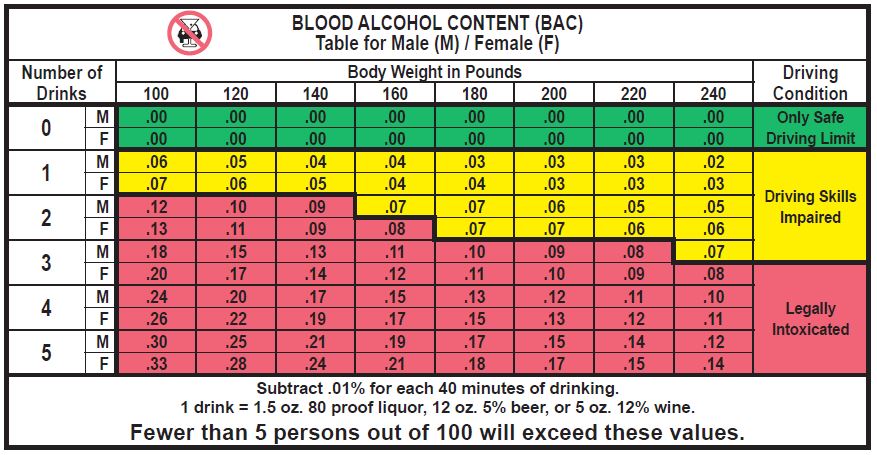Macomb County: 2,000 Arrests Per Year for Driving Under the Influence
We know that you didn’t intentionally set out to get charged with drunk driving. You’re in the right place if you are looking for straight answers about a drunk driving matter (OWI, Super Drunk Driving) that occurs anywhere in Macomb County. This guide has been prepared by our local Macomb County Drunk Driving Defense Lawyers to provide you with valuable information and answers to many of your most pressing questions if you are charged with drunk driving as a first time or repeat offender.
We have dedicated this article to give you the big picture on the topic of operating a motor vehicle under the influence of alcohol or drugs (DUI/OWI) in Macomb County based upon our experience handling over 10,000 criminal cases with DUI/OWI cases consistently one of the most prevalent criminal charges that we handle for our clients.
The district courts located in Macomb County are as follows:
Macomb County District Court Map
- 37th District: Warren, Centerline
- 38th District: Eastpointe
- 39th District: Roseville, Fraser
- 40th District: St. Clair Shores
- 41-A District: Sterling Heights
- 41-A District: Shelby Township, Macomb Township, Utica
- 41-B District: Clinton Township, Harrison Township, Mount Clemens
- 42-1 District: Romeo, Washington Township, Armada, Richmond, Ray Township
- 42-2 District: New Baltimore, Chesterfield Township, Lenox Township, New Haven
Frequently Asked Drunk Driving Related Questions
- Am I going to jail for a first time drunk driving? NO. You are not looking at jail in any Macomb County County District Court if you are found guilty of a first time offense involving operating while under the influence (including OWI, High BAC or Impaired Driving). If you are convicted of a second time drunk driving, there is a good chance that a locally experience drunk driving attorney will have a plan to avoid jail.
- Will I lose my driver’s license if I am convicted of driving under the influence? If you are charged with a first time OWI, there is almost 100% likelihood that it will be reduced to “impaired driving” and you will not lose your license. However, license restrictions will be imposed for a period of 90 days upon pleading guilty or being found guilty of impaired driving. If you are convicted of either OWI w/BAC .08 or OWI with a High BAC .17, you are looking at a brief period of suspension followed by restrictions. Restrictions include driving for employment, school, counseling, medical and court related programs.
- Will I lose my CDL if I am convicted of driving under the influence? Pursuant to Michigan laws, a person convicted of any drinking and driving offense will lose CDL privileges for a period of one (1) year.
- When should I hire a lawyer? It might take a month or longer before you get your first court date. However, you don’t need to wait until you get a court date before hiring a lawyer. You should consider hiring a lawyer as soon as possible if you are charged with any crime or drunk driving. There are proactive measures and strategies that can be taken right away if you are facing a criminal offense or drunk driving.
- Can a drunk driving ever get dismissed? The answer to this question is YES. It is difficult to get a drunk driving dismissed but entirely possible based upon numerous legal and non-legal variables and circumstances. Even when a case cannot be dismissed, there is a good chance that it will be reduced to a lower charge. Getting a local Macomb County drunk driving defense attorney is your best option if you are looking to get the best possible representation.
- Can drunk driving be charged as a felony? YES. You can be charged with felony drunk driving, which can carry up to 5 years in prison tf you obtain a third DUI conviction in your lifetime. The old rule that the all three offenses had to occur within a ten (10) year period has been abolished under Heidi’s Law. Hire a local Macomb County felony drunk driving attorney to explain how you can avoid the worse case scenario if you are charged with felony drunk driving in Macomb County.
- Can I get an old drunk driving expunged? YES. Effective February 19, 2022, as part of Michigan’s Clean Slate laws, an individual may get one and only one drunk driving expunged if he or she meets the eligibility requirements and has resolved any underlying alcohol or substance abuse problem. The DUI expungement law will allow for expungement of any 1 of the following offenses:
- Operating While Intoxicated
- Operating Under the Influence of Drugs
- Operating While Impaired
- Operating with a High BAC .17 or greater
- Zero tolerance/minor with any BAC
- What is a BAIID device? A Breath Alcohol Ignition Interlock Device, or BAIID, is a device installed in a vehicle that captures the image of the drive and measures the driver’s blood alcohol content (BAC). The BAIID notifies the driver to provide breath samples when starting the car and at intervals while driving. The information is recorded and downloaded by the BAIID installer. BAIID violations can result in reinstatement of license suspension or revocation. A BAIID device allows an individual, whose license is otherwise legally suspended or revoked, to drive a vehicle. The BAIID is required for individuals that have been convicted of OWI with a High BAC .17.
- Will I lose my CPL if I am convicted of an OWI or Impaired Driving? Unfortunately, you will lose your Concealed Pistol License (CPL) rights if you are convicted OWI or Impaired Driving. The right to have a CPL is gone for 3 years after a first time offense for operating under the influence. An individual convicted for a second offense will lose his or her CPL rights for 8 years.
- Can I travel across the border into Canada if I am convicted of OWI or Impaired Driving? Based upon Canadian immigration laws, a person that has been convicted of OWI or Impaired Driving will be considered criminally inadmissible to enter into Canada. Under certain circumstances, this harsh restriction may be overcome by showing of rehabilitation or obtaining a permit.
- Should I start going to counseling if I am charged with drunk driving? Your attorney will give you the best course of action to follow if you are charged with driving under the influence. In some cases, but not all, we may recommend proactive measures such as obtaining a substance abuse evaluation, attending AA meetings, attending on-line courses, and/or obtaining character letters. This is true if you are facing an OWI 2nd Offense, OWI 3rd Offense, or OWI with a High BAC .17 or more.
Michigan State Police Maintain Annual Drunk Driving Statistics
There are approximately 2,000 or more arrests per year for driving under the influence in Macomb County. The Michigan State Police (MSP Drunk Driving Audit) keeps statistics on the number of individuals tested for alcohol and drugs, the test result scores and the outcome of each case in the court system. For 2019 (2020 results are not being used because irregularities due to Covid-19 stay-at-home measures), the Michigan State Police report indicates the following number of people were tested for alcohol or drugs by a breath or blood test in Macomb and surrounding counties:
- Wayne: 4,631
- Oakland: 4,126
- Macomb: 2,130
- St. Clair: 468
The MSP Drunk Driving Audit gives the numbers of those tested by each police department as well. In 2019, some of the larger police departments in Macomb County and neighboring Oakland County reported a large number amount of individuals tested for alcohol and drugs:
Macomb County: Number of individuals tested for alcohol/drugs
- Clinton Township Police: 164
- Chesterfield Township Police: 153
- Sterling Heights Police: 140
- Shelby Township Police: 137
Oakland County: Number of individuals tested for alcohol/drugs
- Troy Police: 280
- Royal Oak Police : 215
- Rochester Police : 120
(Above numbers do not account for other individuals tested by Macomb Sheriff, Oakland Sheriff & MSP within the above cities.)
Of those tested, most wound up facing a criminal charge for operating a motor vehicle under the influence of alcohol or drugs. Those finding themselves charged with operating a motor vehicle under the influence of drugs or alcohol (DUI/OWI), rarely fit the mold of someone that you would expect to get into trouble with the law. In many situations, our clients have responsible employment, solid relationships and lead healthy lifestyles. On the other extreme, we have represented those that admit to a substance abuse problem, use alcohol as a social lubricant after a recent breakup or divorce and/or are self-medicating to numb psychological disorders, relationship problems or a significant loss. Unfortunately, once in the court system, a person can be unfairly treated and characterized as a substance abuser because of an isolated episode of alcohol consumption and lack of knowledge of Michigan’s strict DUI laws.
What do the all of the abbreviations (OWI, DUI, etc.) stand for?
The following are common abbreviations used by the legal system in reference to the various charges for operating while intoxicated or impaired:
- OWI = Operating while intoxicated: This offense covers charges when a person has a blood alcohol content of .08% or greater which is abbreviated as OWI. The abbreviations of DUI and OUIL mean the same thing as an OWI but are from a generation of prior drunk driving laws.
- OWVI = Operating while visibly impaired: This is the offense which is a lower charge than OWI . OWI is often reduced to OWVI in the court system.
- OWPD = Operating with the presence of a Schedule 1 controlled substance: As determined by a blood test.
- OUID = Operating under the influence of drugs: Includes situations where someone is impaired by the use of prescription medications.
- OWI with High BAC .17 or greater = Operating with a high blood alcohol content: This is also referred to as a “super drunk driving” and is charged when a person has a blood alcohol content of .17% or more. OWI with high BAC carries much higher criminal and driving penalties than OWI or OWVI. Most county prosecutors have a policy and do not reduce OWI with a high BAC without policy deviation granted.
Why did the police destroy my driver’s license? Can I drive with this paper license?
Yes, you can drive fully on the paper license issued by the police when you were released from jail.
The following is a directive to law enforcement officers after placing someone under arrest for a DUI:
MCL 257.625g: On behalf of the secretary of state, immediately confiscate the person’s license or permit to operate a motor vehicle and, if the person is otherwise eligible for a license or permit, issue a temporary license or permit to the person. The temporary license or permit shall be on a form provided by the secretary of state.
Once officially arrested for a drunk driving offense, the police will destroy the driver’s license of the accused party and issue a Michigan Temporary Driving Permit (see above image). The temporary permit will be provided to the offender upon release from jail along with a baggie containing the following: breath-test result, search warrant for blood if there was a refusal, ticket or other notification, bond receipt and towing receipt. This Michigan Temporary Driving Permit will enable the person to continue to operate a vehicle without any restrictions. Upon being found guilty or convicted of operating while intoxicated or impaired, the Secretary of State will take appropriate action against the party’s license (suspend, revoke, restrict). The aggrieved party may obtain a new picture license after all of the license action has expired with respect to the underlying conviction offense. License action may also be imposed for alcohol/drug test refusals pursuant to Michigan’s implied consent laws.
License Suspension, Revocations, Restrictions
There are mandatory license sanctions for every OWI offense. Upon conviction, these sanctions, or action, is imposed by the Secretary of State and the court system is powerless to intervene or provide any relief when a person is suspended or revoked for a drinking or driving offense. Sobriety court may also save a repeat OWI/DUI offender from a mandatory license revocation.
| Michigan Alcohol or Drug Crime | License Action |
| First Offense OWI (.08 or greater) | 30 days suspended, 150 days restricted |
| First Offense OUID (drugs) | 30 days suspended, 150 days restricted |
| Second Offense within 7 Years | Indefinite revocation (minimum 1 year) |
| Second Offense within 7 Years (Sobriety Court) | 45 days suspended, 320 days restricted with BAIID |
| Third Offense within 10 Years | Indefinite revocation 1 year to 5 years |
| Child Endangerment w/Child u/age 16 | 90 days suspended, 90 days restricted |
| Super Drunk (High BAC .17% or greater) | 45 days suspended, 320 days restricted with BAIID |
| Impaired Driving (OWVI) | 90 days restricted |
| Zero Tolerance, Under 21 w/.02% – .07% | 30 days restricted |
| OWI/Causing Injury | Indefinite revocation |
| OWI Causing Death | Indefinite revocation |
| Other Felony Convictions w/Motor Vehicle | Revocation or Suspension |
| First Offense Drug Crime | 30 days suspended, 150 days restricted |
| Second Offense Drug Crime | 60 days suspended, 305 days restricted |
When am I allowed to drive if I am granted a restricted license?
Depending upon the final outcome of a drinking and driving case, a person is normally allowed to drive on a restricted license following a conviction for a driving and driving offense. Restrictions include driving for the following purposes:
- To, from and during the course of employment.
- To an alcohol, drug or mental health education treatment program as ordered by the court.
- AA or NA meetings.
- An educational institution at which the person is enrolled as a student.
- A place of regularly occurring medical treatment for a serous condition or medical emergency of the person or a member of the person’s household.
- An ignition interlock service provider (for those required to have a BAIID device).
- The judge has discretion to permit a minor’s custodian to drive to a day care center or educational institutional where the child is enrolled.
An indefinite license revocation may be appealed after a minimum of one (1) year (or after 5 years for a second revocation) to the Michigan Department of State. The process to regain driving privileges is known as a driver’s license restoration proceeding.
The Science of Blood Alcohol Content (BAC): Alcohol Absorption and Elimination
Law enforcement officers use breath, blood or urine tests to measure a person’s blood alcohol content (BAC). In Michigan, an individual can be considered legally intoxicated even though the individual is not actually intoxicated. This is possible because Michigan has set legal BAC limits for individuals that operate a vehicle after consuming alcoholic beverages:
- Operating While Intoxicated (OWI): A person that operates a motor vehicle with BAC of .08% to .16% is considered legally intoxication, regardless of actual intoxication. A BAC of .08% is sufficient to support a charge of Operating While Intoxicated (OWI).
- Super Drunk Driving or OWI with High BAC: A person that operates a motor vehicle with BAC of .17% or greater, regardless of actual intoxication, faces a higher charge of OWI with a High BAC.
The science of alcohol elimination from the body also plays a role in a person’s BAC. Just as alcohol is absorbed in a person’s blood over time, it is also eliminated. Although each person has a unique metabolism rate, it is estimated that alcohol is eliminated from the body at the rate of .015% per hour after hitting a peak BAC. At this rate, it takes an estimated 70 to 90 minutes, or longer, for the human body to eliminate a single drink. A single drink = 1.5 oz. shot of 80 proof hard liquor, a 5 oz. glass of wine (12% alcohol) or a 12 ounce beer (5% alcohol). See hours to zero chart below:
Once behind the wheel of a car after consuming alcoholic beverages, ignorance of the law is not a excuse and the law enforcement officials do not discriminate even for those individuals that have never been in trouble.
The Court Process in Macomb County
Get an experienced local drunk driving lawyer if you are faced with a drunk driving case in Macomb County. Do not think that the police or clerks of the court will give you legal advice that you can trust. Drunk driving is a crime in Michigan that is governed by the rules of criminal procedure. A person charged with a crime is entitled to protection under the United States Constitution pursuant to the Bill of Rights. Whether it is a misdemeanor or felony drunk driving, the accused is entitled to discovery of all reports, test results, witness statements, accident reports and video/photographic evidence. In addition, the accused is entitled to a trial by jury. The following is a basic framework of the court process in Macomb County for OWI cases:
- Arraignment:The arraignment is the first time that you will appear before a Judge or Magistrate regarding your case. The following will occur at your arraignment:
- The court will advise you of your charges.
- You will be required to enter a plea (we ALWAYS plead not guilty or stand mute).
- The court will establish bond conditions such as drug and alcohol testing.
- Your next court date will be scheduled.
- Alcohol and Drug Testing:If alcohol and/or drug testing is imposed, you will be instructed by the court when and where to test. By following these instructions, you will avoid a bond violation hearing for non-compliance. Here is a list of the various methods to test for alcohol and drugs:
-
- EtG (urine) test: EtG is used to detect recent alcohol consumption in a urine sample. The test can confirm that there has been alcohol in the body up to five days after consumption.
- Random Alcohol Testing: A device called a breathalyzer is used to measure blood alcohol content (BAC) from a sample of air exhaled from a person’s lungs. You may be asked to provide random breath test samples at a designated location on a breathalyzer instrument.
- SCRAM Monitor: SCRAM Continuous Alcohol Monitoring ankle bracelet provides continuous transdermal alcohol testing for by automatically sampling the wearer’s perspiration every 30 minutes. Some clients prefer SCRAM Monitoring over other methods of testing while others claim that it is embarrassing and uncomfortable.
- SoberLInk: This is the handheld breathalyzer that fits in a pocket or purse and requires breath samples at various intervals during the day. It uses facial recognition and the information is downloaded to the provider.
- Pretrial conference: The pretrial conference is scheduled after the arraignment. This is the proceedingwhere our attorneys will speak with the prosecutor to discuss various issues in a criminal case and possibly work out a plea bargain. Driver license sanctions are imposed by the Secretary of State after you enter a plea before the Judge. You will receive your license sanctions approximately 10-14 days by US Mail after a plea based conviction is entered on your driving record.
- Restricted license:You will receive driver’s license sanctions/restricted license from the Secretary of State within about 10 to 14 days after a guilty plea or conviction is entered with the court. Driving sanctions are attached to every drinking and driving offense. The sanctions that apply will depend on the final outcome of the case:
-
- Super Drunk Driving (OWI high BAC .17): NO driving for the first 45 days followed by restrictions for 320 days with a BAIID device.
- OWI ( With a BAC .08 to .16): NO driving for the first 30 days followed by restrictions for 150 days. BAIID NOT REQUIRED.
- Impaired Driving: Restrictions for 90 days. BAIID NOT REQUIRED and there is no mandatory period of suspension.
- License Restrictions Defined:As we discussed, Allowable restrictions include the following:
-
- To and from residence and all employment, and during all employment.
- To and from alcohol or drug education or treatment programs.
- To and from regularly scheduled treatment for serious medical conditions.
- To and from probation, community service, education (college, trade school, etc).
- BAIID is required for Super Drunk cases for 320 days. Court may order BAIID even if not required by SOS.
- Substance Abuse Evaluation: You’ll be required to appear for a substance abuse evaluation with one of the court’s probation officers after you enter a guilty plea or after a conviction for a drinking and driving offense. This appointment is used to determine if you have a substance abuse problem. A report will be prepared at the conclusion of this process which will contain recommendations to the Judge regarding treatment options, if necessary. You should dress neatly, be cooperative, and stick to answering the questions that are asked regardingyour circumstances in life and use of alcohol and control substances. If you are already involved in a counseling program, the court may allow you to continue with your own program, rather than impose some other court directed program.
- Sentencing:Sentencing occurs After a substance-abuse assessment is completed. We will have an opportunity to review the assessment before the actual sentencing proceeding before the judge. For a first offense”impaired driving”, you can expect the following sentence terms and conditions:
-
- OWI w/High BAC .17 or more: 6 points, up to 180 days jail, up to 360 hours community service, up to 2 years probation, fines, court costs, substance abuse program(s).
- OWI .08 or more: 6 points, up to 93 days jail, up to 360 hours community service, up to 2 years probation, fines, court costs, substance abuse program(s).
- Impaired Driving: 4 points, up to 93 days jail, up to 360 hours community service, up to 2 years probation, fines, court costs, substance abuse program(s).
- Probation may be non-reporting or reporting (reporting probation is not a big deal and only means that you have to report to the probation officer once per month).
- You may file for early termination of probation after you have served 50% of the total term of probation without any major violations.
- If you intend to travel out of state while you are in the court system (on bond or during a period of probation) you will need to file a request to travel with the court .
- The Court may require you to continue testing while you are traveling out of state.
- Expungement of Drinking and Driving Offense: You are eligible for expungement of one drinking and driving offense in your lifetime. You can file for an expungement when you are off of probation for a period of 5 years. An expungement is a way to remove past offenses from your public record. Please retain any proof or certificates of any programs that you have completed.
What about driving under the influence of marijuana?
Marijuana is now legal in Michigan for recreational and medical use. However, a person that drives under the influence of marijuana is exposed to the same fate as someone that drives after consuming alcohol.
Alcohol can be tested by obtaining a breath sample with equipment known as a breathalyzer instrument. Marijuana is discovered by a blood test. In Michigan, drinking and driving charges are based upon legally established measurements of blood alcohol content (BAC) as measured by the testing equipment. The legal limits (BAC) for drunk driving in Michigan per se cases are as follows: Content results
- OWI = BAC .08 or greater
- Super OWI = BAC .17 or greater
No such legal limits for THC exist at this time and there is no approved testing instrument for marijuana that compares to the breathalyzer. Currently, police utilize blood to test for marijuana and drugs. Future testing is likely to include breath equipment capable of testing for marijuana.
In general, the blood test results (THC nanogram levels) alone are insufficient to convict without other proof of impairment. There are a multitude of legal challenges that can be made in these cases especially when the blood test does not account for active THC or there is a lapse in time when marijuana was last used.
What are the likely outcomes of a drunk driving case in Macomb County?
Getting a dismissal is a top priority in every criminal or drunk driving case. Depending upon several factors in a given case, we may recommend fighting the case at trial, seeking a deviation request (for a reduction to a lower charge) or negotiating a plea bargain to a better place. According to US Justice Department Statistics, approximately 90% or more of all criminal and drunk driving in the United States are resolved by plea bargaining. The same is true for criminal and drunk driving cases in Michigan and in the Macomb County . Plea bargaining can result in a dismissal, a reduction in the charges as well as recommendations for leniency at the sentencing phase of the case. Here are some common scenarios for drunk driving/drugged driving cases in Macomb County:
FIRST OFFENSE: No prior record, no Accident, low BAC (under .16), no substance abuse problem, cooperative with police: I would call this best case scenario. A person charged in Macomb County with an OWI in this position is likely to get a reduction to “impaired driving” with a sentence as follows:
-
- Fines/costs range from $900.00 to $1500.00, depending upon the court.
- 1 year probation (a strong argument can be made for non-reporting probation).
- Testing is likely in most Macomb County County courts.
- Community service is unlikely in most Macomb County courts.
- Attending some form of counseling is likely in most Most County courts (usually a short program consisting of 1-8 sessions).
- Most Macomb County judges will consider modification of probation and testing requirements if there has been at least 6 months or more of compliance.
SUPER OWI, High BAC (.17 or greater): Getting charged with OWI with a high blood alcohol content (BAC) of .17 or greater in Michigan means stiffer penalties and being labeled a “super drunk driver”. For whatever reason, we are seeing a greater number of clients charged with “super drunk driving”. In 2018, approximately 660 individuals were tested by the police in Warren, Shelby Township, Sterling Heights and Clinton Township with 301 registering a BAC of .17 or greater. If convicted of “super drunk driving”, the offender is required to have a Breath Alcohol Ignition Interlock Device (BAIID) on any vehicle he or she intends to operate for a period of 320 days after serving out a 45 day driver’s license suspension with no driving privileges. Contact a local Macomb County OWI lawyer to find out how a “Super OWI” can be dropped down to a much lower offense that will NOT REQUIRE the BAIID.
SECOND OFFENSE WITHIN 7 YEARS: Along with possibility of jail, a second offender faces mandatory license revocation upon being convicted of a second drinking and driving offense within a period of 7 years or a third conviction within a 10 year period. There are NO driving privileges allowed during a period of revocation. For those facing license revocation, driving privileges can be saved if the person is accepted in a Sobriety Court program. The Sobriety Court program allows eligible individuals convicted of certain drunk driving offenses to obtain a restricted driver license with installation of an ignition interlock device (BAIID) on vehicles they drive and own. Sobriety Court is a good fit for someone that needs an intensive alcohol rehabilitation program and also for those convicted of a second offense for operating under the influence within a 7 year year period.
THIRD LIFETIME OFFENSE, Felony Drunk Driving: A person convicted of OWI with two prior offenses in his or her lifetime faces the following penalties:
- $500 to $5,000 fine, and either of the following:
- 1 to 5 years imprisonment
- Probation, with 30 days to 1 year in jail.
- 60 to 180 days community service.
- Driver’s license revocation and denial if there are 2 convictions within 7 years or 3 convictions within 10 years. The minimum period of revocation and denial is 1 year (minimum of 5 years if there was a prior revocation within 7 years).
- License plate confiscation.
- Vehicle immobilization for 1 to 3 years, unless the vehicle is forfeited.
- Possible vehicle forfeiture.
- Vehicle registration denial.
- 6 points added to the offender’s driving record.
You may think the odds are against you if you are charged with an OWI 3rd (felony) but that is not necessarily the case. If you find yourself in this position, you need to a solid action plan for the best chance to get the felony dropped down to a misdemeanor in the court system. In avoiding a felony, our clients have been able to avoid jail, retain their right to own firearms, retain driving privileges, retain valuable career licenses and not be labeled a felon!
Fighting for non-reporting probation, no testing, a limited counseling program (1 day class) and other leniency are realistic goals for individuals that qualify as isolated offenders and do not display a problem with alcohol.
Can a drunk driving case ever be completely dismissed?
If you are charged with drunk driving, we already know that you want the case dismissed, you do not want to be on probation and you do not want to be tested for alcohol. However, the reality is that 90% or more of all drunk driving cases wind up resulting in a conviction to a drinking and driving related crime.
In some cases, certain factors and legal avenues can be pursued which may result in a dismissal, major reduction or not guilty verdict of a drunk driving case.
Deviation request: A deviation request is a formal request with supportive material to seek a favorable outcome when the policy of the prosecutor otherwise is against any plea bargain. Our firm utilizes deviation requests extensively in our criminal and drunk driving cases when a client has several positive factors and we feel that the prosecutor will consider a compassionate outcome.
Motion to Dismiss: Many cases can be won prior to trial with a properly drafted and researched motion to dismiss. A motion to dismiss can be filed for a number of reasons including:
- Suppression of test results (failure to follow protocol in the testing process).
- Failure to establish an element of the crime (such as operation of the motor vehicle, parked vehicle).
- Invalid traffic stop.
A motion to dismiss may also result in a plea bargain when the prosecutor does not want to run the risk of holding a hearing on a motion to dismiss.
Trial: Any person accused of a crime, including drunk driving offense, is afforded the right to a trial by the 6th Amendment to the United States Constitution. A trial may be held before a judge or jury. The judge or jury is required to return a verdict of not guilty unless the case is proven beyond a reasonable doubt.
 Michigan Criminal Lawyer Blog
Michigan Criminal Lawyer Blog



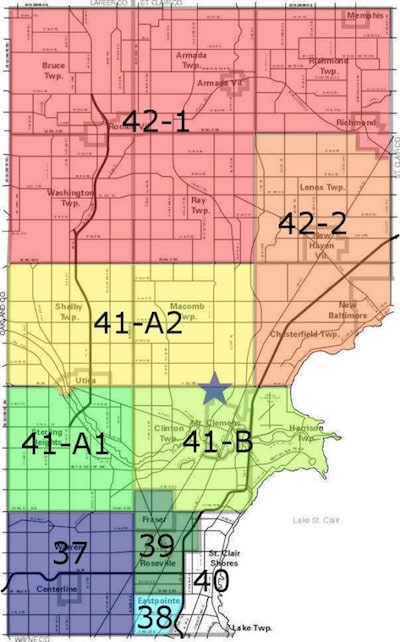
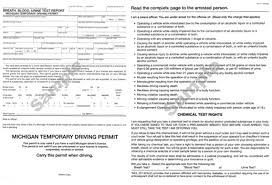

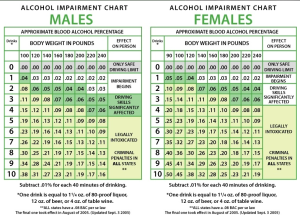
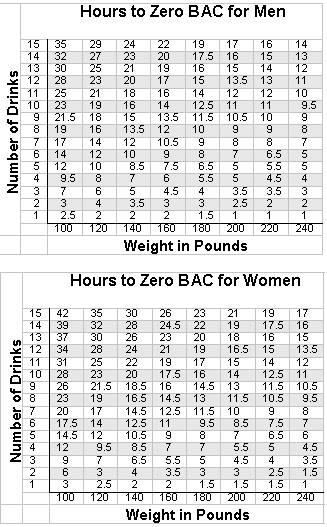
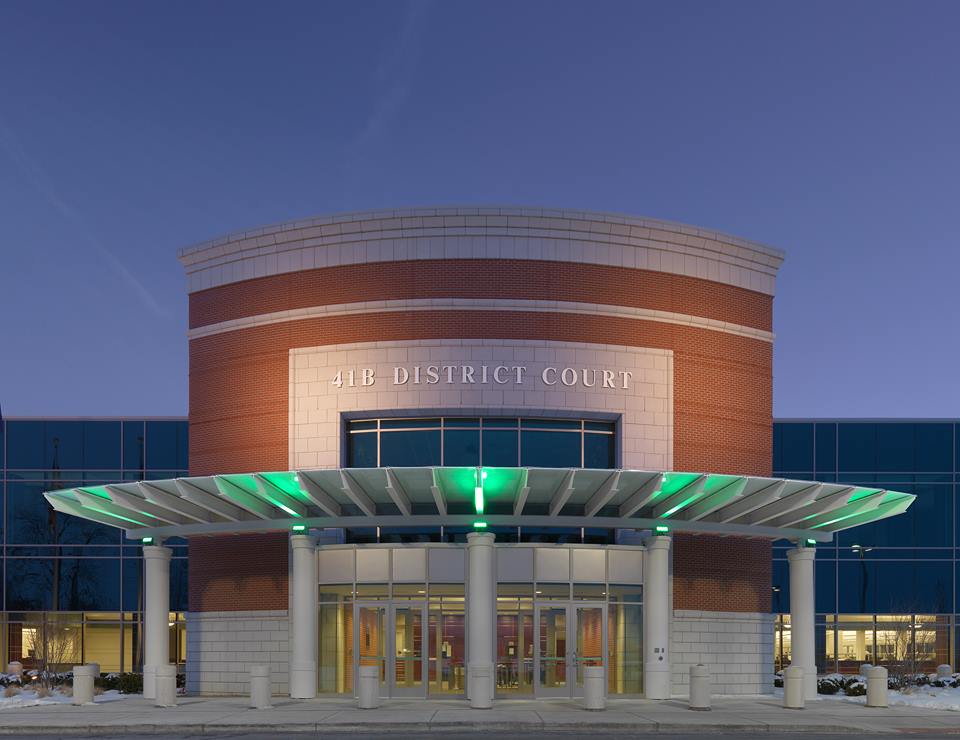
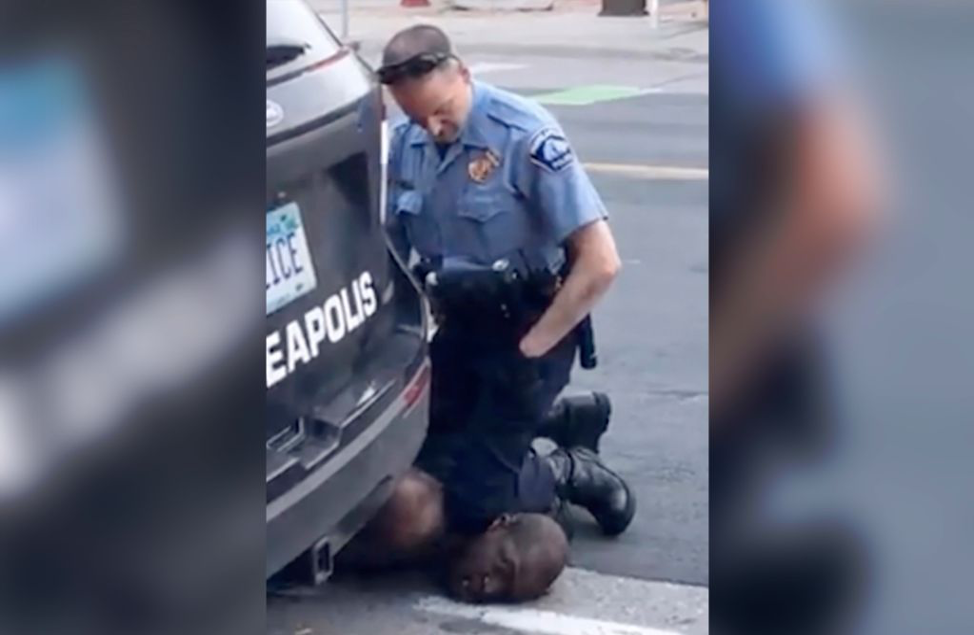
 On March 10, 2020, the Michigan Department of Health and Human Services identified the first two presumptive-positive cases of COVID-19 in Michigan. On that same day, I issued Executive Order 2020-4. This order declared a state of emergency across the state of Michigan under section 1 of article 5 of the Michigan Constitution of 1963, the Emergency Management Act, 1976 PA 390, as amended, MCL 30.401-.421, and the Emergency Powers of the Governor Act of 1945, 1945 PA 302, as amended, MCL 10.31-.33.
On March 10, 2020, the Michigan Department of Health and Human Services identified the first two presumptive-positive cases of COVID-19 in Michigan. On that same day, I issued Executive Order 2020-4. This order declared a state of emergency across the state of Michigan under section 1 of article 5 of the Michigan Constitution of 1963, the Emergency Management Act, 1976 PA 390, as amended, MCL 30.401-.421, and the Emergency Powers of the Governor Act of 1945, 1945 PA 302, as amended, MCL 10.31-.33.